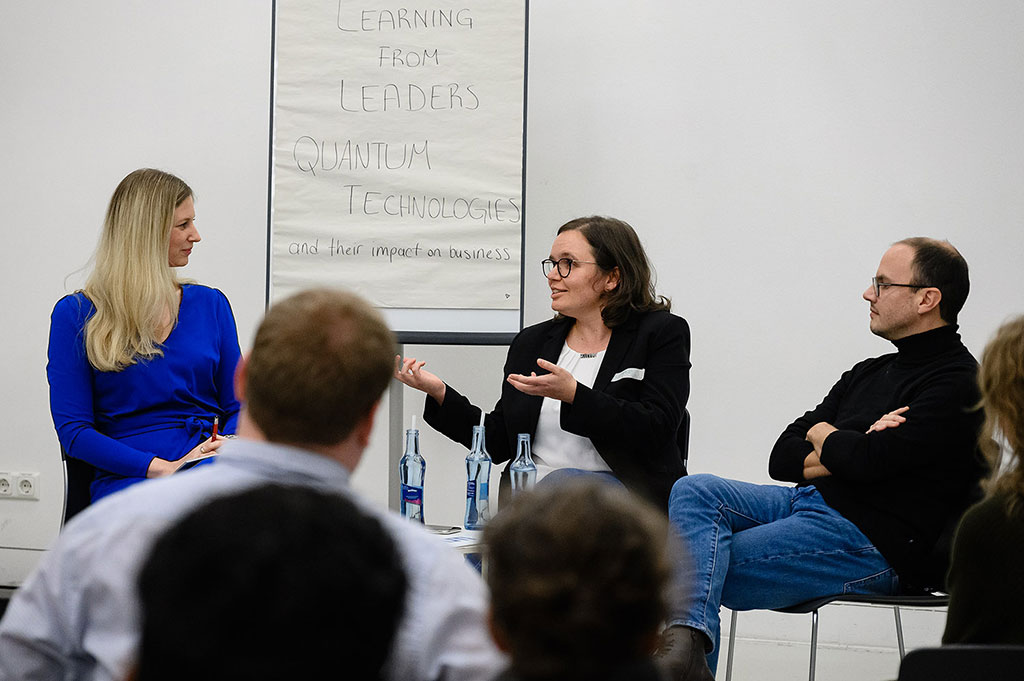The job profile of a data scientist, for example, has only been developed in recent years given the emergence of large amounts of data. That´s why the predictions for the most important “Future Skills” also serve as a guide for the jobs of tomorrow.

Image by Marvin Meyer on Unsplash
The Training Initiative EU Year of Skills
The European Union has recognized the importance of continuing education and lifelong learning. In May 2023, the EU Year of Skills was launched – an EU-wide initiative to promote continuing professional development. This underscores the strong link between the future viability of the European economy and the continuous development of skills, particularly given the demographic shift.
Focus on the five up-and-coming “Future Skills”
In the first article of our “Future Skills” series, we referenced “The Future of Jobs Report 2023,” published by the World Economic Forum. The report, published in May 2023, is also very interesting for us in the area of training employees and leaders as it sheds light on which future skills will be key for various industries. The ranking of the skills that will be relevant until 2027 has only changed slightly in comparison to the list from 2023. The skill “Technological Literacy” is a new addition and ranked number 3:
1 – Analytical Thinking
2 – Creative Thinking
3 – Technological Literacy
4 – Resilience, Flexibility and Agility
5 – Curiosity and Lifelong Learning
The skills in 1st, 2nd, 4th, and 5th place are already core skills that are currently in demand. The World Economic Forum predicts that these future skills will become even more critical. What is particularly relevant for us, given our role within the Technical University of Munich is that technological skills are becoming increasingly important. After all, digitalization and mechanization are continuously advancing, both on a social and economic scale.
Our continuing education programs support your technological expertise
We are aware of the growing importance of technological expertise. That is why we always focus on current technological trends in our course programs and introduce participants to the basics or guide them through a deeper application of various technologies.
Technological competence requires a broad range of skills: on the one hand, for professionals, such as m managers with littletechnical background for example, our course programs focus on assessing and providing information on critical key technologies (Internet of Things, Advanced Manufacturing, Blockchain, AI, Quantum Technologies) also cater our course programs to professionals with strong technological background with the aim of deepening and broadening their expertise. These include established technologies that require skills such as software development, as well as new developments that require knowledge of data analytics and artificial intelligence (AI), for example. Upon completion of the training, participants will have acquired the latest knowledge and be in a position to apply it strategically.
EuroTeQ University Alliance: Future Skills for Engineers
Together with five other European technical universities, TUM is working on further developing a Europe-wide academic campus to foster joint research and knowledge transfer in conjunction with industrial partners. Professional learners can enroll in short interdisciplinary training modules, so-called “micro-credentials”. Learn more about the EuroTeQ University Alliance here.
Learn more about our course programs
You will find a wide range in our course portfolio – from basic knowledge of Quantum Technologies and Artificial Intelligence in production technology to responsible leadership in the age of disruptive technologies:
Quantum Technologies Deep Dive and Overview Courses
Responsible Leadership in the Age of Disruptive Technologies
Sustainable Management & Technology
More Certificate Programs
Sources:
EU Year of Skills 2023


